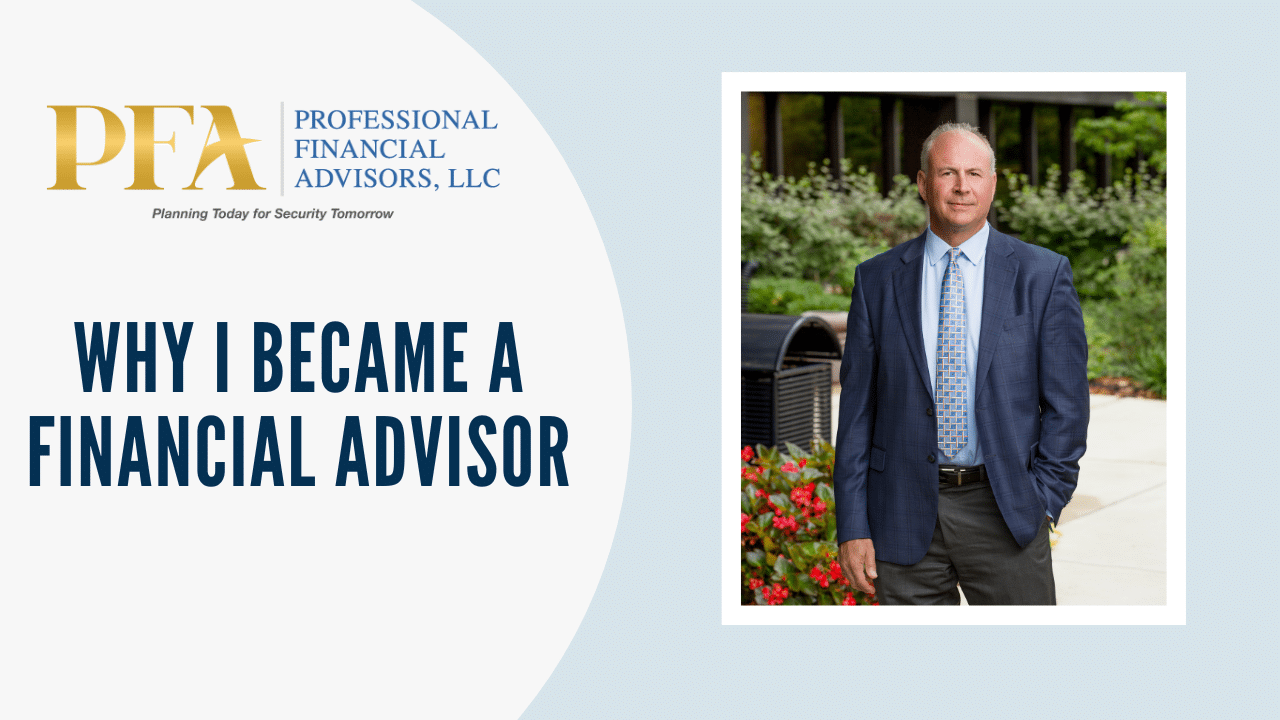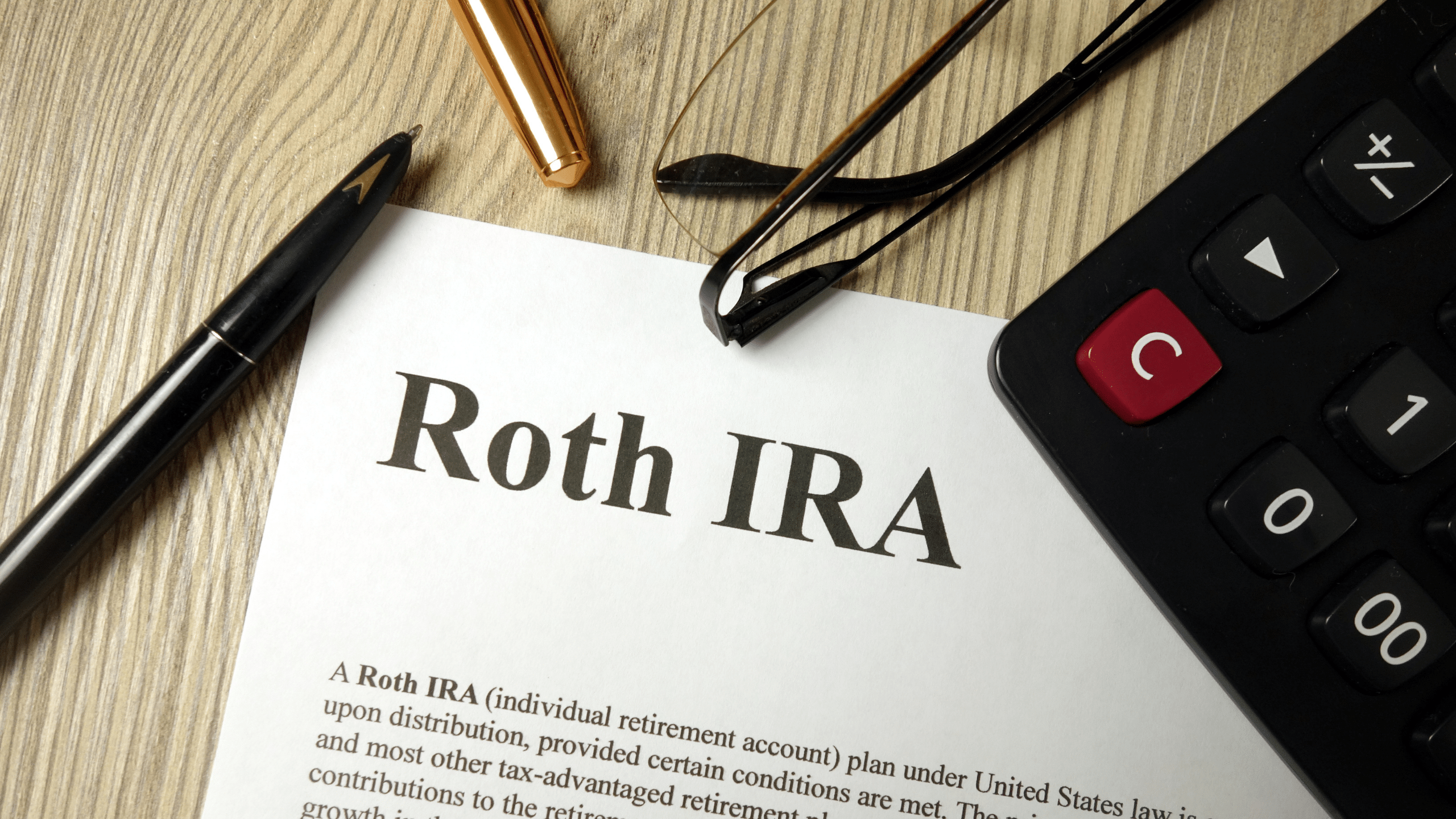By Bernie Wurts, CFP®
First, stop worrying. Your 401(k) money is safe. If your company closes, the money you’ve saved for retirement doesn’t just disappear.
However, you might have to do a little homework to explore your options for managing your plan…but we know losing your job might have been a shock and you probably have plenty of other things to deal with.
So, we did the homework for you. We put together a summarized to-do list for handling your 401(k) if your company closes. Let’s dive in.
Contact Your Company’s Plan Administrator Immediately
If your company closes due to bankruptcy or terminates your 401(k) retirement plan, verify that your company’s plan administrator has your most current contact information. You want to be sure you receive all correspondence about your plan.
The same is true if your company is bought or merges with another company. Verify your company’s plan administrator has your most current contact information so you can receive the new plan’s information, rollover options, and/or changes to your old plan.
If you’re unable to contact your plan administrator, you should contact the U.S. Department of Labor’s Employee Benefits Security Administration (EBSA) toll-free at 1-866-444-3272 or go to their website at https://www.dol.gov/ebsa/.
Decide if You Can Retire Now
To decide if it’s the right time financially for you to retire, think about the following questions:
- Do you have enough money in savings and investments to last throughout your retirement years? A good general guideline is to make sure you have at least 25 times your annual expenses saved for retirement.
- If you have a lot of debt, can you pay it off? Paying off as much of your debt as you can before you retire reduces your monthly expenses and gives you more financial flexibility.
- Have you calculated how much money you’ll get from Social Security and other sources of retirement income? The Social Security Administration’s benefits estimate page gives you a close approximation of your expected payments. Don’t forget about other potential sources of retirement income, like pensions, annuities, and part-time work.
After thinking through the considerations above, if you decide now is not the right time for you to retire, you have several choices for managing your 401(k) savings.
Explore Your Options
Our team’s first piece of advice here is to explore all your options before making any final decisions about a new home for your 401(k). Here’s what to consider:
- Leave it where it is: Many people are tempted by the cost savings and reduced hassle of leaving their 401(k) where it is. However, sometimes it’s actually cheaper in the long run to transfer it elsewhere because if you leave it where it is, you run the risk of forgetting about it!
- Roll it over to an IRA: If you’re unable to find a new job before the 60-day deadline and don’t want to pay taxes on your savings, you can roll it over to an IRA. IRAs offer more investment options, which gives you more control over your money. But do keep in mind that you might have to pay taxes on the transfer.
- Roll it over to your new employer’s plan: If you get a new job, you might have the option of rolling over the funds from your old 401(k) plan into your new employer’s 401(k) plan. This is usually the simplest and most tax-efficient way to manage your 401(k) money.
- Cash out your account. Another option is cashing out your account. But don’t forget about taxes here; you’ll have to pay income taxes and an early withdrawal penalty.
Understand Your Vesting Schedule
Put simply, a vesting schedule determines how long an employee must work for a company before they own the full amount of their 401(k) plan’s employer contributions. If a company closes, employees usually get to keep all employee contributions for which they’re fully vested.
There are two main types of 401(k) vesting schedules:
- Cliff vesting: Employees don’t fully own employer contributions until they complete a required number of years of service (typically 1-5 years).
- Graded vesting: Employees gradually gain rights to employer contributions (e.g., 20% the first year and 20% for each year thereafter).
Learn What Happens to 401(k) Loans
There are so many valid reasons why it doesn’t make sense to borrow money from your 401(k). Here’s one of them:
If your company goes out of business, the outstanding balance on your 401(k) loan becomes due within 60 days after the day the company closed. If you’re unable to come up with the payment by the deadline, the unpaid portion becomes taxable income, which triggers the applicable income taxes. You’ll also have to pay a withdrawal penalty on the amount of the loan.
Need Help? We’re Here!
Are you still wondering about how to manage your 401(k) after your company closes? At Professional Financial Advisors, we fully understand the stress of losing a job and simultaneously trying to make decisions about your 401(k) plan. We’re here to be your financial guide so you can make the choice that aligns best with your ideal future.
Reach out. We’d love to hear from you. Call (913) 322-3845 or email wurts@pfaretire.com.
About Bernie
Bernie Wurts is a CFP®, Certified Financial Planner, at Professional Financial Advisors, LLC, an independent, fee-based, Registered Investment Advisory firm delivering full-service financial planning and investment guidance to families and businesses or organizations. Since 1994, Bernie Wurts has been working with individuals and business owners to help map out their retirement and succession plan. Along with a team of CPAs and estate planning attorneys, Bernie works to ensure no stone is left unturned and operates under the methodology of doing the right things today to avoid unpleasant surprises later. He enjoys making a difference in his client’s lives as they pursue a worry-free retirement, and has two goals for every client: be the kind of financial advisor whose integrity and character would be good enough for his mother and create enough wealth so they have the resources to live a life with no regrets.
Bernie received his bachelor’s degree in business from The University of Akron and holds the CERTIFIED FINANCIAL PLANNER™ designation. Outside of the office, Bernie enjoys outdoor activities, sports, and spending time with family. To learn more about Bernie, connect with him on LinkedIn.





